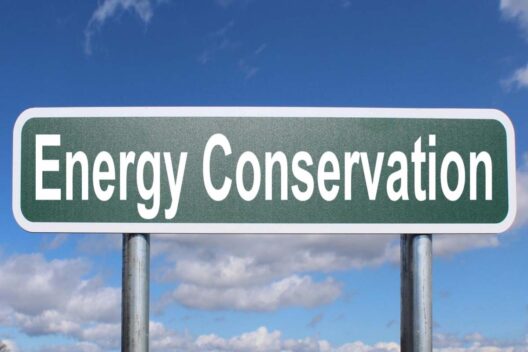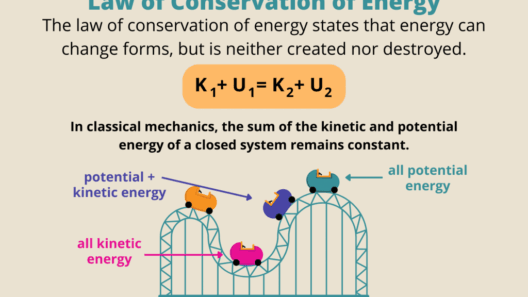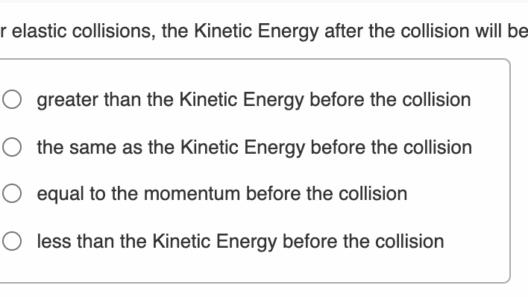Energy conservation has become an essential focus as global awareness of climate change continues to amplify. This awakening calls for personal responsibility in reducing energy consumption at a household level. The implication of small, effortless efforts collectively contributes to a significant reduction in resource depletion and a decrease in greenhouse gas emissions. This discourse articulates practical tips that individuals and families can employ to save energy effortlessly, ultimately yielding both environmental benefits and financial savings.
Understanding the Importance of Energy Conservation
The fascination with energy conservation burgeons from its myriad benefits. Reducing energy consumption directly mitigates carbon emissions, thus preserving the environment. Furthermore, conserving energy leads to financial savings, which can bolster household budgets. Each kilowatt-hour saved reduces reliance on fossil fuels, fostering a sustainable future for generations to come.
Adopting Efficient Lighting Solutions
One of the most effortless methods to conserve energy is through the use of energy-efficient lighting. Compact fluorescent lamps (CFLs) and light-emitting diodes (LEDs) consume significantly less energy than traditional incandescent bulbs. They offer longevity and can reduce energy costs by up to 80%. Transitioning to these alternatives is simple; merely replace existing bulbs with their efficient counterparts. Moreover, employing natural light by strategically placing mirrors and utilizing sheer curtains can illuminate spaces without further energy consumption.
Smart Usage of Appliances
Appliances are often the largest energy consumers in a home. Energy-efficient models, denoted by ENERGY STAR ratings, should be prioritized during new purchases. These appliances not only save energy but also enhance performance. When operating existing appliances, running them during off-peak hours can yield significant savings. For instance, washing clothes in cold water or using the dishwasher’s energy-saving mode can minimize electricity usage without compromising utility.
Utilizing Smart Technology
Smart home technology has revolutionized energy management. Devices such as programmable thermostats allow homeowners to regulate heating and cooling more efficiently. By setting schedules to align with the household’s routine, energy waste is minimized. Additionally, smart plugs can automate the powering off of devices when not in use. Moreover, app-based home systems enable monitoring of energy consumption patterns, providing insights that can lead to better resource management.
Incorporating Sustainable Practices
Beyond technological innovations, embracing sustainable practices can effortlessly improve energy conservation. Simple actions such as unplugging chargers when not in use prevent phantom energy draw. Furthermore, limiting the use of space heaters and air conditioners by optimizing insulation efforts significantly reduces energy needs. Sealing windows and doors and using thermal curtains can maintain interior temperatures, thus reducing reliance on heating and cooling systems.
The Role of Water Conservation
Water heating contributes to substantial energy consumption. Implementing water-saving devices such as low-flow showerheads and faucet aerators can reduce water usage and lower heating demands. Simple yet impactful changes like taking shorter showers, fixing leaks promptly, and running dishwashers and washing machines only with full loads further enhance energy conservation. Collecting rainwater for irrigation also minimizes the need for heated water when watering gardens and lawns.
Embracing Renewable Energy Sources
While immediate household actions are paramount, a broader approach incorporating renewable energy enhances sustainability. Solar panels can provide a renewable energy solution that dramatically lessens reliance on fossil fuels. Despite the initial investment, the long-term savings on energy bills and the environmental benefits overwhelmingly justify the cost. Furthermore, community programs and incentives aimed at subsidizing renewable energy installations can ease financial burdens for homeowners.
Making Conscious Lifestyle Choices
A collective cultural shift towards energy conservation can originate from making conscious lifestyle choices. Opting for local produce reduces the energy expenses associated with transportation. Choosing to walk, bike, or use public transit instead of driving minimizes fuel consumption. These lifestyle adaptations cultivate a mindset focused on sustainability, where energy conservation becomes an instinctive part of daily living rather than a chore.
Education and Advocacy
Engaging in local initiatives or community programs dedicated to energy conservation amplifies collective efforts. Sharing information and participating in educational workshops fosters a culture prioritizing energy efficiency. Neighborhood groups can collaborate on bulk purchases of energy-efficient products, reducing individual expenses. This advocacy not only strengthens community ties but also fosters a supportive atmosphere for sustained energy conservation efforts.
Conclusion
Simplifying the process of energy conservation rests on the axiom that everyone can contribute without overwhelming efforts. Incorporating energy-efficient technologies, altering daily habits, and investing in renewable energy are practical pathways to achieve tangible results. As we collectively implement these strategies, the cumulative outcome is poised to enhance our environment dramatically. Transitioning towards a culture of conservation necessitates a comprehensive approach, yet each small step taken is a stride towards a sustainable future. Prioritizing energy conservation today holds the key to a healthier planet for generations ahead.








